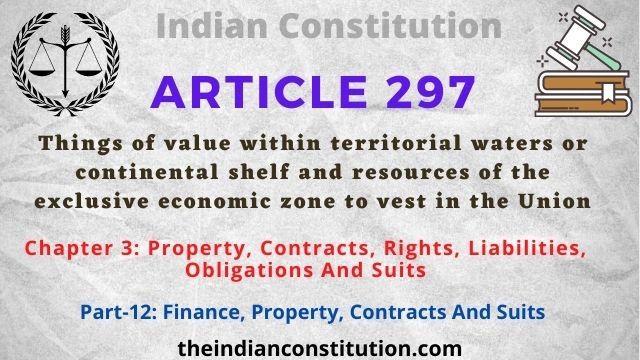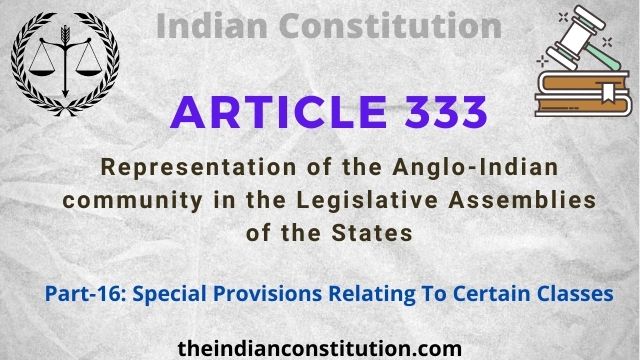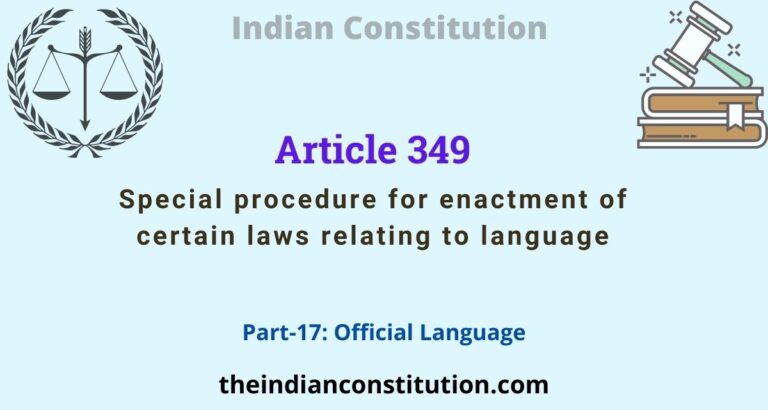Article 21A Right To Education of The Indian Constitution
Article 21A added especially for Right to Education right addition to Part 3 in the constitution as a fundamental right.
Article 21A: Right to education
The State shall provide free and compulsory education to all children of the age of six to fourteen years in such manner as the State may, by law, determine. [86th Constitutional Amendment 2002]
Explanation of Article 21A Right To Education
Article 21A provision makes free and compulsory only elementary education a Fundamental Right and not higher or professional education.
This article is not in 1949 constitution, it was added by 86th Constitutional Amendment Act of 2002.
This amendment is a major milestone in the country’s aim to achieve ‘Education for All’.
The government stated this step as ‘The dawn of the second revolution in the chapter of citizens rights’.
Background
Even before this amendment Part IV of the Indian Constitution, Article 45 and Article 39(f) of DPSP, had a provision for state-funded as well as equitable and accessible education.
However, being a directive principle it was not enforceable by the court. By adding Right to education as a fundamental right, opens the scope for judicial intervention.
The first step toward Right to Education was by Ramamurti Committee Report in 1990.
In Mohini Jain vs State Of Karnataka And Ors, 1992 case supreme court recognized the right to education as a part of Article 21 Right to life and personal liberty.
SC mentions that without education no one can become human. But in this case, SC not decide the age for compulsory education.
In 1993, in the case of Unnikrishnan JP vs State of Andhra Pradesh & Others the Supreme Court’s held that Education is a fundamental right flowing from Article 21.
But by considering directive principles of state policy and financial condition of state SC made compulsory education only for 6 to 14-year children.
M komon vs Manipur state a primary school shifting case SC held that government should also ensure the reachability of school for children.
Tapas Majumdar Committee (1999) was set up, which pledged the insertion of Article 21A. The 86th Amendment was made in 2002.
86th Constitutional Amendment
Add new Article 21A in part 3 of constitution.
It changed the subject matter of article 45 in the directive principle. It now reads ‘The state shall endeavor to provide early childhood care and education for all children until they complete the age of six years.’
It also added new fundamental duty under article 51A that reads-‘ It shall be the duty of every citizen of India to provide opportunities for education to his child or ward between the age of six and fourteen years.’




Thanks for your help 🙏🙏